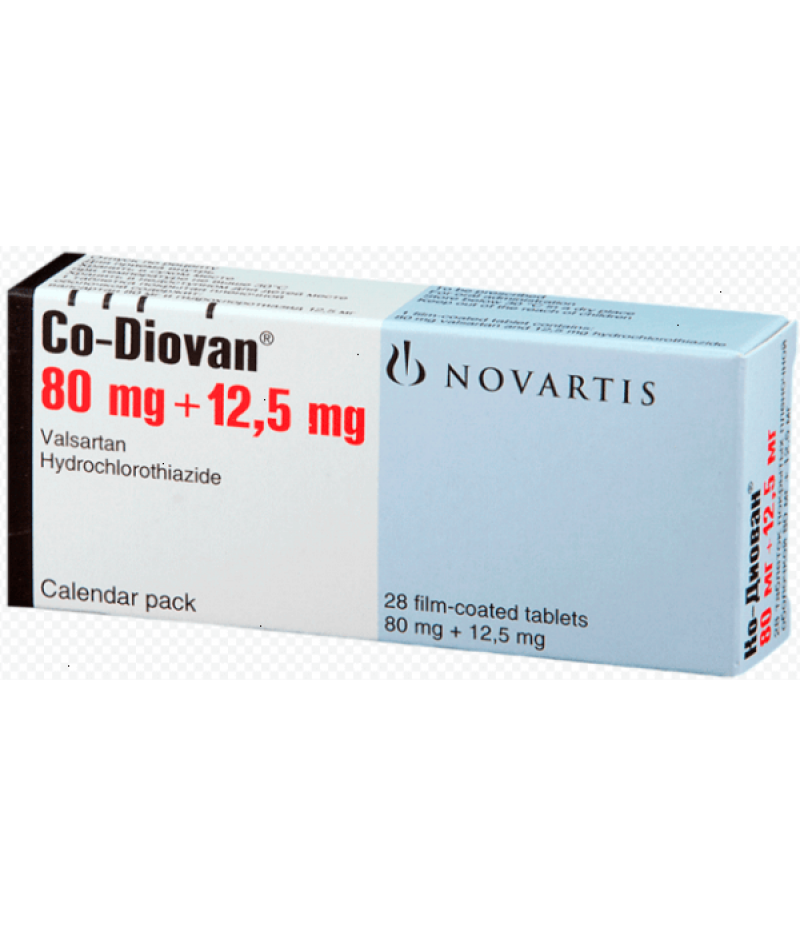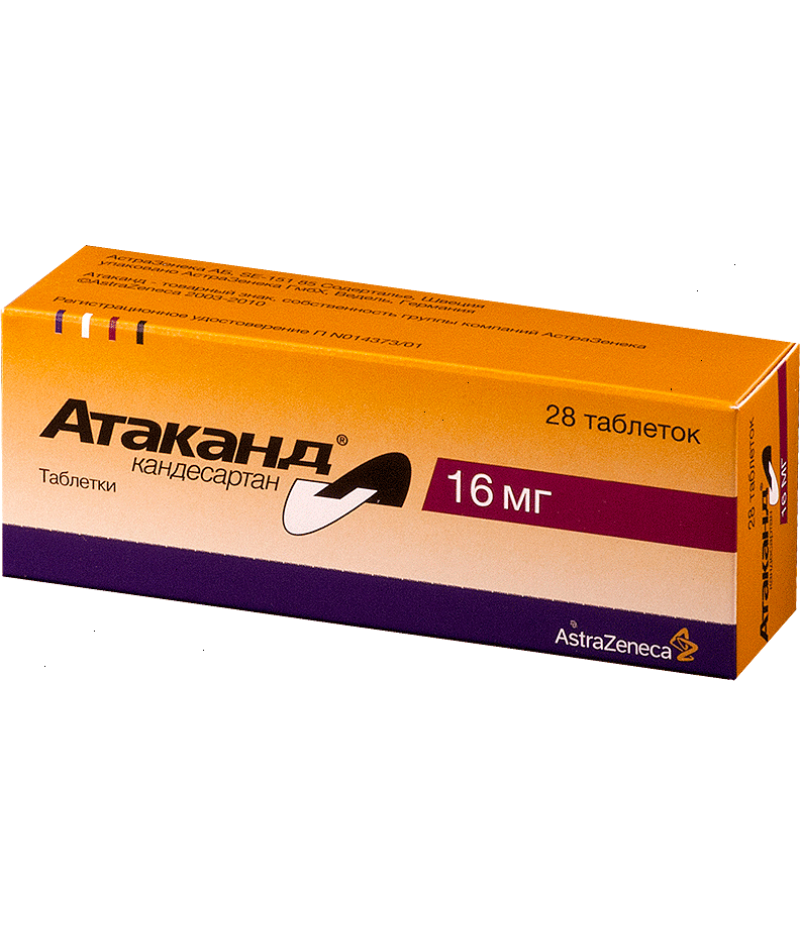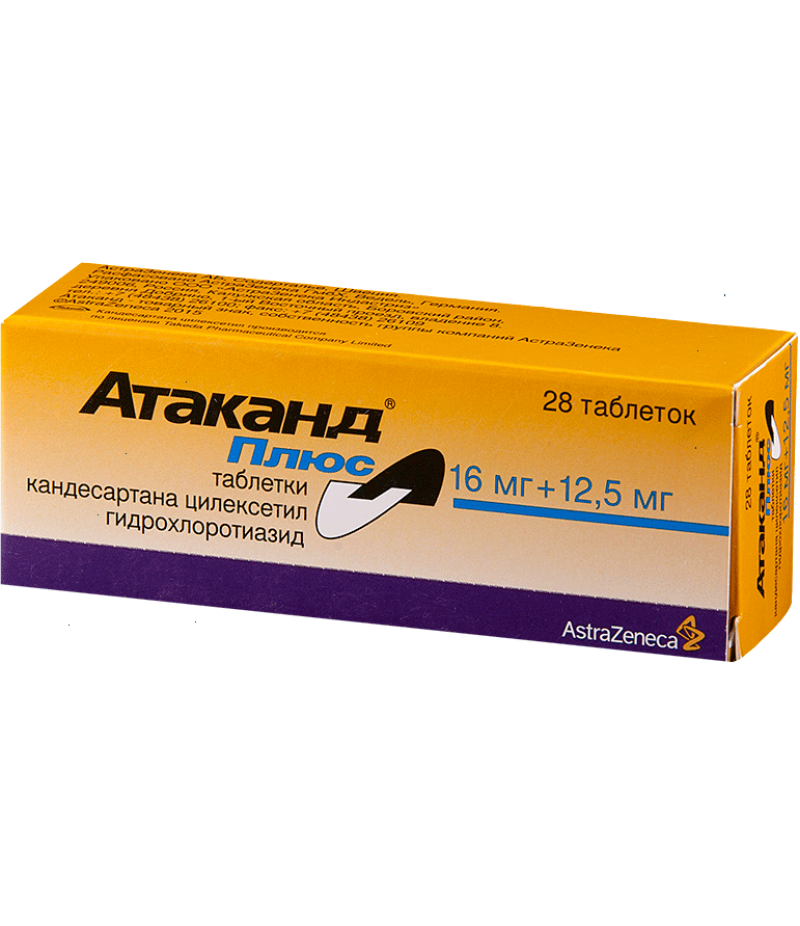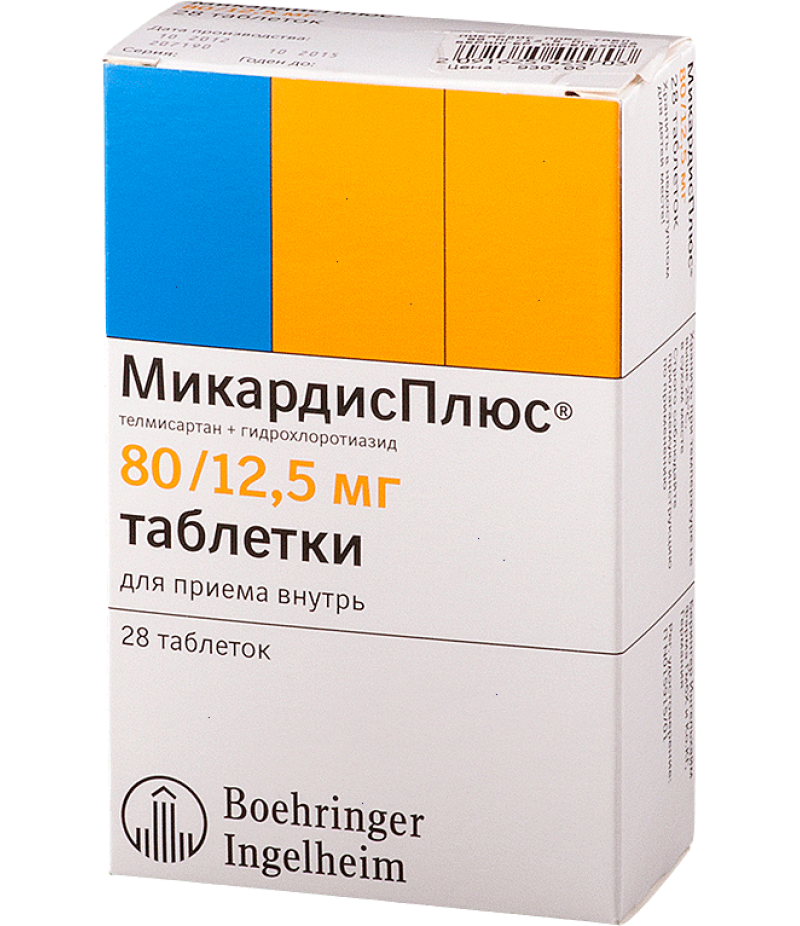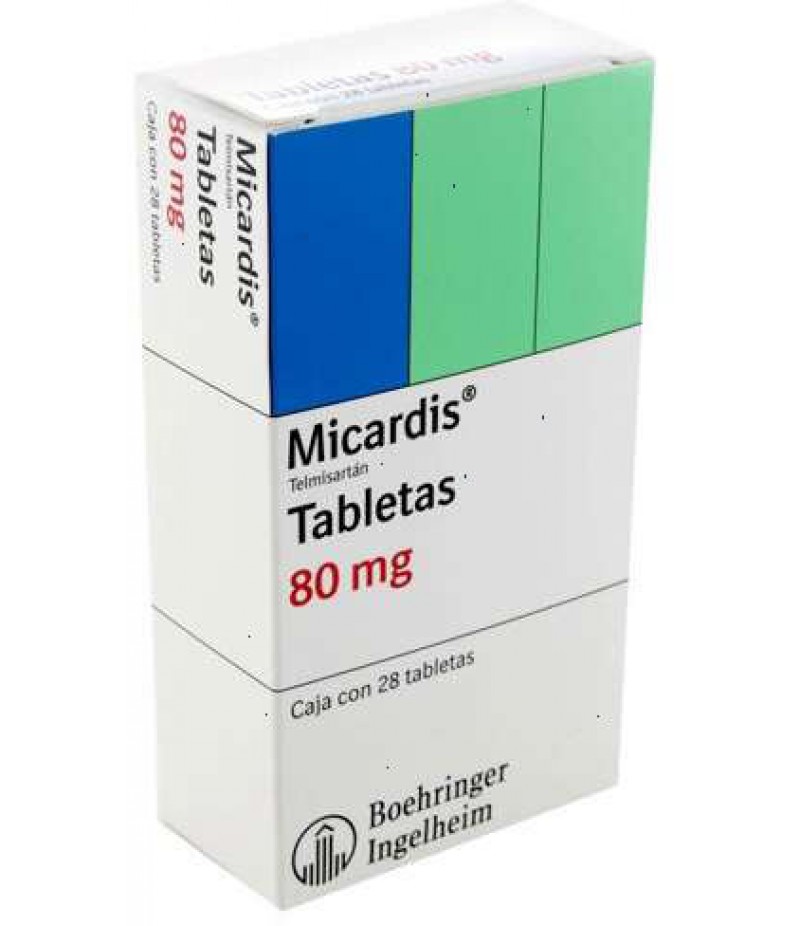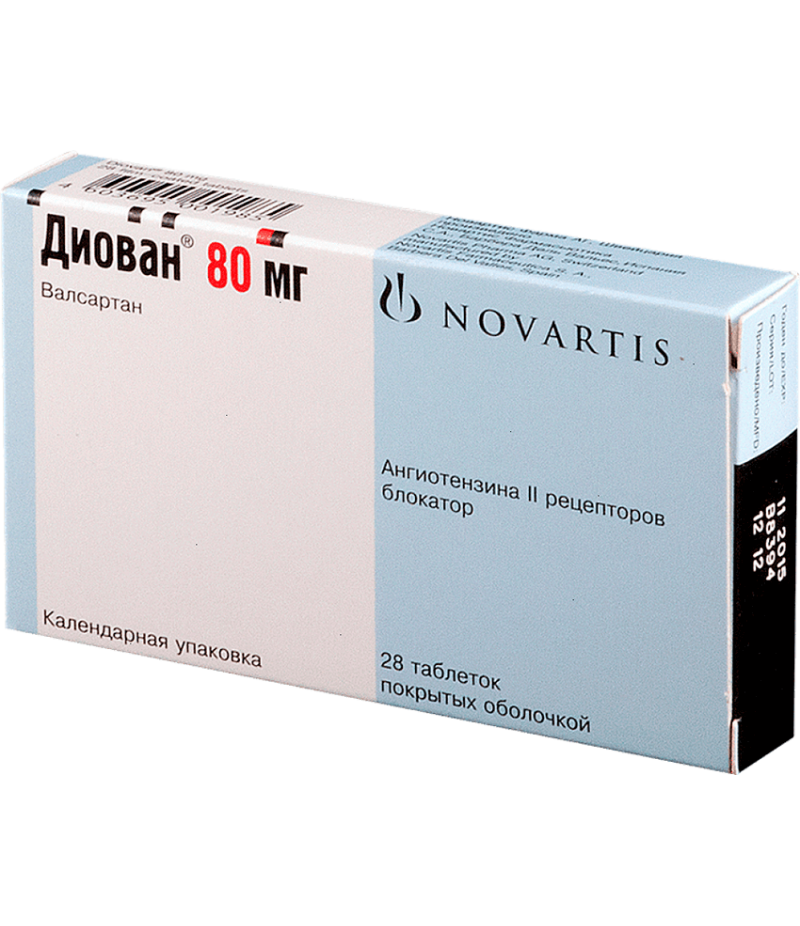Co-Diovan tabs 80mg/12.5mg #28
- $61.35
- 2 or more $60.30
- 3 or more $59.25
- Availability:In Stock
User manual for Co-Diovan tabletsYou can buy Co-Diovan hereComposition1 tablet in a shell includes, as active ingredients, valsartan / hydrochlorothiazide, in a weight ratio of 80 / 12.5 mg, 160 / 12.5 mg or 160/25 mg.Additional i..
Tags: tabs
User manual for Co-Diovan tablets
You can buy Co-Diovan here
Composition
1 tablet in a shell includes, as active ingredients, valsartan / hydrochlorothiazide, in a weight ratio of 80 / 12.5 mg, 160 / 12.5 mg or 160/25 mg.
Additional ingredients: anhydrous colloidal silicon dioxide, crospovidone, microcrystalline cellulose, magnesium stearate.
The shell of the tablet consists of: hypromellose, talc, macrogol 8000, E 171, E 172.
Form of issue
The drug Co-Diovan is available in the form of tablets in a shell, 14 or 28 pieces in the first package.
pharmachologic effect
Hypotensive.
Pharmacodynamics and pharmacokinetics
Co-Diovan is part of the group of combined antihypertensive drugs, due to the presence in its composition, in addition to the angiotensin II receptor antagonist - valsartan, thiazide diuretic - hydrochlorothiazide.
Valsartan has a blocking effect on the angiotensin II receptor subtype AT1, thereby increasing its serum concentration, which leads to more active stimulation of AT2 receptors and balancing the effects associated with the activation of AT1 receptors. Valsartan does not have a significant agonistic effect on the AT1 receptors, and its affinity for this receptor subtype is much stronger than for AT2 receptors.
Valsartan does not inhibit ACE (angiotensin converting enzyme), which converts angiotensin I into angiotensin II and destroys bradykinin, and therefore, leads to the appearance of dry cough as a side effect much less. Valsartan does not interact with the receptors of other hormones and does not block the ion channels, which actively participate in the regulation of the cardiovascular functional system. Reduces blood pressure (blood pressure) without affecting heart rate (heart rate). In most cases, the onset of the antihypertensive effect of valsartan, after oral administration of its single dose, is observed within 2 hours, with reaching its maximum for 4-6 hours. Hypotensive efficacy remains high for a minimum of 24 hours. With prolonged use of any therapeutic doses of valsartan, the maximum decrease in blood pressure, mainly develops at 2-4 weeks and is such throughout the recommended treatment period.
The inclusion of a diuretic component, hydrochlorothiazide, into the composition of Co-Diovan leads to a significant additional decrease in blood pressure. Hydrochlorothiazide acts on the receptors of the distal tubules of the kidneys, thereby increasing the excretion of sodium and chlorine ions and decreasing the amount of circulating plasma. This increases the activity of renin, aldosterone, renal excretion of potassium and, consequently, a decrease in its level in serum. Potassium loss, to some extent, compensates for the parallel effect of valsartan.
After ingestion (oral), valsartan is absorbed rapidly, although the degree of its absorption is rather variable. The average observed bioavailability at 23%. T1 / 2 within 9 hours.
The linear kinetics of valsartan remains unchanged throughout its administration. With a single daily intake of all recommended doses, there is some slight cumulation of valsartan. Binding to plasma proteins occurs on 94-97% (mainly with albumins). The volume of distribution is 17 liters. The plasma clearance value is about 2 l / h, hepatic blood flow, about 30 l / h.
Extraction of valsartan is carried out mainly unchanged, with 70% of the intestine and 30% of the kidneys. Eating together with valsartan, in the beginning reduces the AUC by 48%. This indicator comes back to normal from the 8th hour of taking the pill and does not lead to a decrease in the therapeutic effect.
Hydrochlorothiazide is also absorbed rapidly and reaches Tmax, in about 2 hours. The connection with plasma proteins ranges from 40 to 60%. T1 / 2 within 6-15 hours. With increasing doses, AUC increases. Cumulation, with a single daily intake, is negligible. Absolute bioavailability at the level of 60-80%. Eating at least affects the bioavailability (in one direction or another), but it remains insignificant.
A greater measure is excreted by the kidneys (more than 95%) and in the form of hydrolyzate (about 4%).
The combination of valsartan and hydrochlorothiazide leads to a decrease in the systemic bioavailability of the latter, by approximately 30%, although hydrochlorothiazide itself does not affect the kinetics of valsartan. The interaction of these two drugs only enhances the hypotensive effects of each other.
Indications for use
The Co-Diovan drug is used for prolonged treatment of arterial hypertension, when therapy with one valsartan (eg, Diovan) is not effective enough.
Contraindications
pathology of the liver of a serious nature, cholestasis and biliary cirrhosis;
hypersensitivity to the active or additional ingredients of Co-Diovan;
pregnancy;
child age, due to unspecified safety and effectiveness;
breast-feeding;
renal pathology, with established creatinine clearance (CK) less than 30 ml / min;
anuria;
hyponatremia, hypokalemia, hypercalcemia (refractory), as well as clinical symptoms of hyperuricemia.
Carefully:
stenosis of the artery of the kidney.
Side effects
In most cases, negative side effects of the use of Co-Diovan were temporary and of little sign.
With a frequency of more than 1% and more often up to 5% observed:
headache;
nasopharyngitis;
dizziness;
pain in the back, chest and extremities;
feeling tired;
upper respiratory tract infection;
cough;
diarrhea;
sinusitis;
nausea.
With a frequency of less than 1% and with no established causal connection with the reception of Co-Diovan, the following manifested itself:
pain in the abdomen;
anxiety;
visual impairment;
arthritis;
arthralgia;
bronchitis;
dyspnea;
dyspepsia;
impotence;
leg cramps;
insomnia;
frequent urination;
rash;
a feeling of palpitations;
stretching;
viral infections;
urinary tract infections;
edema;
vertigo;
asthenia.
There are data on rare cases of occurrence of hypersensitivity reactions, including:
itching;
vasculitis;
rash;
angioedema;
serum sickness.
There were also reports of single cases of renal dysfunction.
Instructions for use Co-Diovan (Method and dosage)
Long-term therapy of arterial hypertension with the use of Co-Diovan preparation usually takes in doses of 80 / 12.5 mg or 160 / 12.5 mg, depending on the severity of the disease. Less often, severe hypertension may require a dose of 160/25 mg. All dosages of Co-Diovan are taken once a day (1 tablet per day), preferably at one time of day. Correction of doses for kidney pathologies with QC greater than 30 ml / min, as well as with moderate hepatic insufficiency, is not required.
Overdose
Although to date, information about cases of overdose of the drug Co-Diovan absent, its expected paramount symptom is the excessive lowering of blood pressure.
In this case, it is necessary to induce vomiting and rinse the stomach (with the rapid detection of the intake of ultra-high doses of the drug). In the future, an adequate solution for overdose treatment, will be the introduction (infusion) of saline. Conducting hemodialysis, most likely, will be ineffective, since this procedure displays only hydrochlorothiazide and does not affect the concentration of valsartan.
Interaction
The hypotensive effect of Co-Diovan can be exacerbated by the simultaneous administration of other antihypertensive agents.
The combination of potassium, potassium-containing products, potassium-sparing diuretics and other potassium-raising agents requires caution and control of the amount of potassium in the blood.
With simultaneous therapy with lithium drugs, it is necessary to monitor its concentration in the blood serum.
Preparations Cimetidine, Furosemide, Amlodipine, Warfarin, Atenolol, Digoxin, Indomethacin, Glibenclamide do not reveal clinically significant interaction with Co-Diovan.
Due to the presence of hydrochlorothiazide (thiazide diuretic) in the composition of Co-Diovan, some drug interactions characteristic of this group of drugs are possible.
Potentiation of the action of curare-like muscle relaxants.
Decrease in the effects of hydrochlorothiazide with concurrent administration of NSAIDs. Concomitant hypovolemia increases the risk of developing acute renal failure.
Simultaneous administration of derivatives of salicylic acid, corticosteroids, saluretics, ACTH, Carbenoxolone, Amphotericin, Penicillin G, increases the possibility of hypokalemia.
Against the background of taking thiazide diuretics, the progression of hypomagnesemia or hypokalemia was observed, which can lead to the formation of arrhythmias, in the case of combined admission with digitalis preparations.
Oral hypoglycemic agents and insulin may require a revision of the dosage.
Thiazide diuretics increase the frequency of possible hypersensitivity reactions to Allopurinol. Increase the hyperglycemic effectiveness of Diazoxide. Increase the risk of adverse effects of Amantadine. Reduce the excretion of kidney cytotoxic drugs (eg, Methotrexate, cyclophosphamide), thereby strengthening their myelosuppressive effect.
Bioavailability of hydrochlorothiazide can be increased by taking holinoblokatorov (for example, biperidena and Atropina).
Probably the emergence of hemolytic anemia with the combined intake of methyldopa and thiazide diuretic.
It is possible to reduce the absorption of hydrochlorothiazide when taking Kolestyramine.
Thiazide diuretics, calcium salts and vitamin D, when combined, can lead to an increase in calcium levels in the blood.
Simultaneous treatment with ciclosporin increases the risk of hyperuricemia and the appearance of sub-graptic symptoms.
Terms of sale
To buy Co-Diovan the prescription is not required.
Storage conditions
Co-Diovan tablets should be stored in their original packaging and in a dry place, at temperatures up to 30 ° C.
Shelf life
For tablets 80 / 12.5 mg and 160 / 12.5 mg, the shelf life is 3 years.
For tablets 160/25 mg, the shelf life is 2 years.
special instructions
If the patient is diagnosed with severe sodium deficiency and / or a decrease in blood volume, arterial hypotension may occur at the beginning of Co-Diovan therapy, and therefore, before the appointment, it is necessary to adjust the sodium level and / or blood volume.
With the development of arterial hypotension, the patient should be given a horizontal position with raised legs and, if necessary, administer (infusion) physiological solution. Therapy with Co-Diovan is continued after the stabilization of blood pressure.
Pathologies of kidneys with QC greater than 30 ml / min do not need to adjust the dose of Co-Diovan. Studies of drug effects with QC less than 30 ml / min were not performed.
Liver pathologies of a weak or moderate character also do not require correction of the doses of Co-Diovan. In case of severe illness, in connection with the lack of practical application of the drug, it is better to choose another drug.
Hydrochlorothiazide can alter glucose tolerance and increase blood concentrations of triglycerides, cholesterol and uric acid.
Children
Co-Diovan is not assigned to children, due to the lack of experience of such application.
During pregnancy (and lactation)
During pregnancy and lactation, the preparation of Co-Diovan is not applied.
Reviews about Co-Diovan
Unfortunately, at this time, patients' reviews of the Co-Diovan preparation are rather small, although it should be noted that among the existing reviews, the effectiveness of this drug is assessed exceptionally positively. Those patients who take Co-Diovan are completely satisfied with the hypotonic effects of the drug and note the practical absence of its side effects. Despite its significant cost, shortly, Co-Diovan should take a worthy place in the treatment of hypertension.

